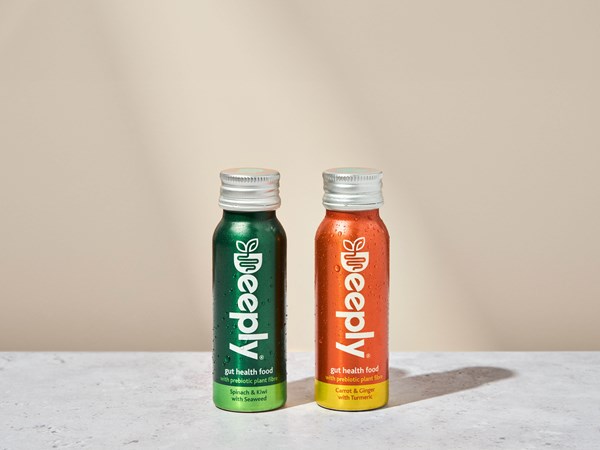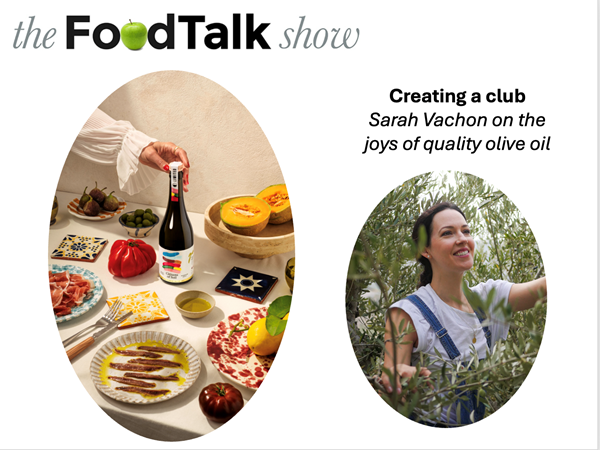Discovering Fonio: A Grain of Hope for Sustaining Agriculture
In the latest episode of The Food Talk Show, host Ollie Lloyd talks to Philip Teverow, co-founder and CEO of Yolélé, a brand pioneering the development of fonio, a grain that you might not have heard of but has tremendous potential.
Fonio is not just any grain; it's a “gluten-free ancient grain that cooks in five minutes and is drought tolerant," emphasises Philip. Women in West Africa traditionally cultivate the grain as a subsistence crop. However, Philip and his business partner, legendary NY chef, Pierre Thiam, envision fonio as a grain that can support livelihoods through sustainable agriculture. Their mission began when Pierre tried to create a cookbook using authentic ingredients and realised there was a broader opportunity to create something altogether new with Teverow.
Teverow explains that fonio has challenges at its core: "It's very easy to grow, but hard to process due to its tiny grain size." The technical complexity of processing fonio involves removing an inedible hull from a minuscule grain. Despite these obstacles, the potential market for this grain appeals to major food companies, not just for its nutritional properties but also for its alignment with organisations' sustainable development goals.
The journey from conception to commercialisation began when they found a willing retail partner. “Whole Foods became our testing ground,” Philip explains, where they started by promoting fonio in a single Harlem store as a raw ingredient. The grain and its incredible story immediately got media attention, bringing Yolélé into the spotlight. Pretty quickly, global food companies started showing interest in incorporating fonio into their products, but there is still a lot of work to be done regarding the process.
The driving factor in fonio's potential lies in its versatility and its environmental promise. “Fonio can substitute for less sustainable grains, like rice or corn,” states Philip, highlighting its minimal water and carbon footprint. Its adaptability is evident in sectors beyond just whole grain consumption, finding its place in brewing, as well as in making crisps and flour and Yolélé already offer a number of these products direct to consumers.
Philip’s approach resonates with a broader outlook: supporting smallholder farmers in West Africa while maintaining the identity of fonio as an indigenous crop. Despite the steep capital required to scale processing, the commitment to fully industrialise production persists, balancing their commercial scale with the sustainability ethos.
Philip envisions a food system where fonio is just the beginning. He aims to incorporate multiple crops into this new regenerative agriculture model to support biodiversity and sustainable farming practices.




